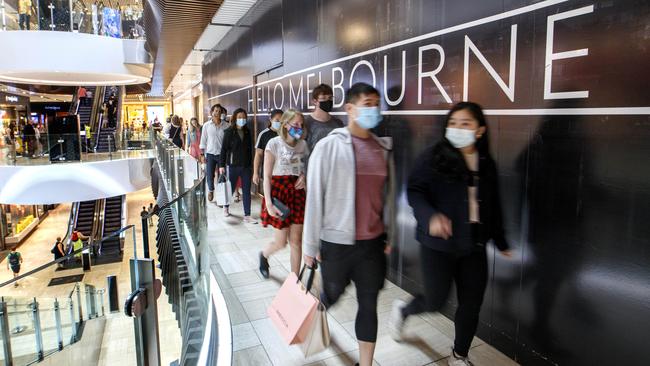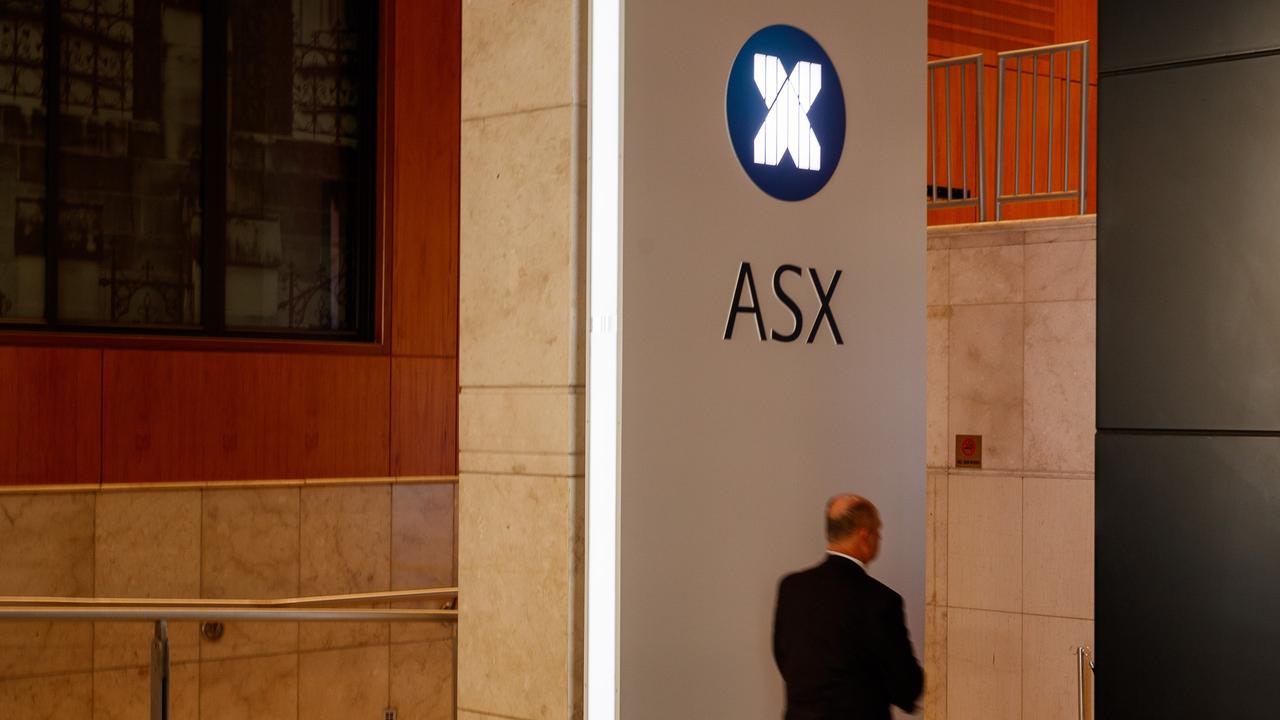‘Tensions’ in housing market as affordability worsens: Westpac
Consumer confidence has rebounded but there’s evidence of “tensions” in the housing market, according to Westpac survey.

New evidence has suggested owner occupiers are being forced out of a red-hot property market as investors jump back in to take advantage of soaring prices, according to Westpac’s latest consumer sentiment survey.
The findings came as Reserve Bank governor Philip Lowe on Wednesday morning issued a warning that the nation’s top financial regulators were “watching carefully” the sharp uplift in house prices and were prepared to act if lending standards slipped.
Dr Lowe, however, tempered those remarks by saying there was not yet evidence of a “debt-financed speculative boom in asset prices” that would warrant regulatory intervention.
Last week’s national accounts provided more evidence of the economy’s powerful rebound from the worst recession in nearly a century, helping to lift Westpac’s confidence index by 2.6 per cent to 111.8 points in March — just shy of the recent 10-year high in December.
Westpac chief economist Bill Evans said the survey “signals sustained high confidence levels in the community (as well as) enthusiasm for spending and comfort with job prospects”.
But the question measuring whether households believed it was a good time to buy a dwelling retreated further this month — a fourth consecutive fall that left the index 12 per cent below its November peak.
Mr Evans said “the decline suggests resurgent prices are already starting to curb buyer interest and that we may see some easing in the recent surge in demand from owner occupiers, particularly from first-home buyers”.
The decline is in contrast to expectations that property prices would continue to climb after home values lifted by 2.1 per cent in February, the fastest monthly pace in more than 17 years.
Westpac’s house price expectations gauge soared a further 3.1 per cent in March to hit a seven-year high — 13 per cent above pre-pandemic levels.
“The index is a better lead indicator of the confidence of investors, whose presence in the early stages of the current housing boom has been overshadowed by owner occupiers,” Mr Evans said.
Amid talk of a “damaging house bubble”, Mr Evans said “owner occupiers, including first-home buyers, may already be becoming deterred by the deterioration in affordability”.
“Indeed, it seems very likely that investors will soon become a much bigger factor in the market,” he added.
Record levels of new borrowing have been dominated by those looking for a home in which to live, but lending commitments to landlords have recently picked up to be 10 per cent up on a year earlier.
The Council of Financial Regulators, which is chaired by Dr Lowe and includes the heads of APRA and ASIC, has flagged it is monitoring the property market for signs of excess.
Dr Lowe on Wednesday conceded that low and falling rates boosted asset prices, but that rate hikes were not on the agenda to curb any potential bubble.
“I would like to reiterate that the RBA does not target housing prices, nor would it make sense to do so,” he said.
“I recognise that low interest rates are one of the factors contributing to higher housing prices and that high and rising housing prices raise concerns for many people. There are various tools, other than higher interest rates, to address these concerns, leaving monetary policy to maintain its strong focus on the recovery in the economy, jobs and wages.”






